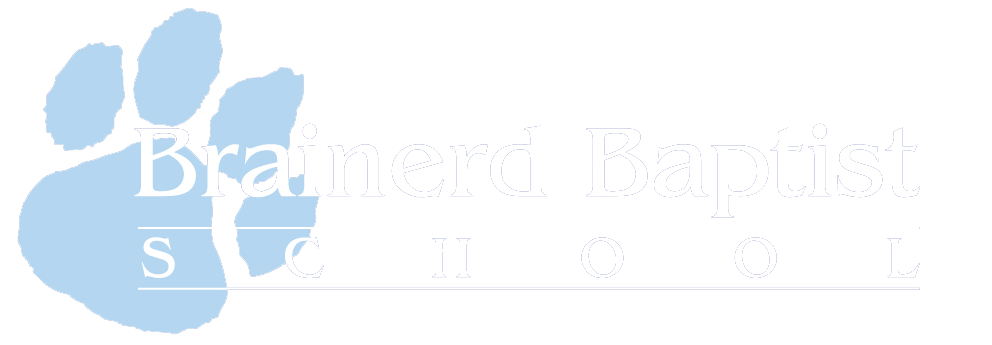-
Foundations & Frameworks (F&F) is a uniquely designed research-based and research-supported instructional reading program developed at Briarwood Christian School in Birmingham, AL. Since its introduction in 2001, an increasing number of schools across the US and Canada have adopted and implemented the program and are witnessing student achievement gains in vocabulary, reading comprehension, total reading, critical thinking, problem solving, and written expression.
Central to the program is the belief that reading comprehension stems from effective thinking. F&F explicitly teaches and models thinking skills, breaking them into component steps so students can engage deeply with an author’s message. By dedicating substantial time to guided and independent practice, the program ensures students gain mastery and automaticity in these skills, allowing them to transfer comprehension strategies across subjects such as math, science, and social studies. The program also incorporates brain-friendly instructional methods based on neuroscience research, reinforcing how learning occurs most effectively.
High-quality children’s literature serves as the primary vehicle for skill instruction, with texts chosen for their ability to support specific comprehension skills. Small-group instruction allows teachers to tailor lessons, monitor understanding, and provide individualized support, while students prepare for these sessions through reading, vocabulary practice, and entries in SPECS Logs (visual, structured notebooks that extend comprehension). Through these combined elements, Foundations & Frameworks uses best practices to help students think deeply and read meaningfully.
-
Brainerd Baptist School constantly examines our programs to determine how we can improve. This process is paramount in maintaining the quality that makes us one of the best schools in the Chattanooga area. In the spring of 2010, we began the investigating a new reading program called Foundations & Frameworks (F&F) to see if we should incorporate the program at Brainerd Baptist School. We quickly discovered that the F&F program was unique in its approach, and the research supporting the program supported our desire to make it a part of our community. All teachers in grades K5 through 5th grade spent two weeks in extensive training and have spent the summer preparing to implement F&F in the fall of 2011. Brainerd Baptist is one of seven schools in the state, and one of 112 across the nation that has adopted the program.
We are excited to utilize this approach at Brainerd Baptist School. We are confident that our students are becoming better readers as well as better problem solvers because of our implementation of Foundations and Frameworks. If you have any questions concerning this program, please feel free to discuss these with your teacher.
Brainerd Baptist School
Brainerd Baptist Church
Welcome from Head of School
Mission
History
Academics
Faculty and Staff
Alumni
Careers
Accreditation
Library
Board of Trustee Login
Contact Us
School Magazine
The Benefits of a PreK-5th School
Why Brainerd Baptist School?
Admissions Process
Tuition Information
TN Educations Savings Account (ESA) Program
FAQ
Financial Aid
Dress Code
Technology Strategy
Relocating To Chattanooga
Notes Home & School-Wide News
Summer Info
Library & Accelerated Reader
Foundations & Frameworks
The Four Cs
Athletics
Extracurricular Activities
Before & After School Care
The Learning Center
Guidance Office
Camp Bobcat
